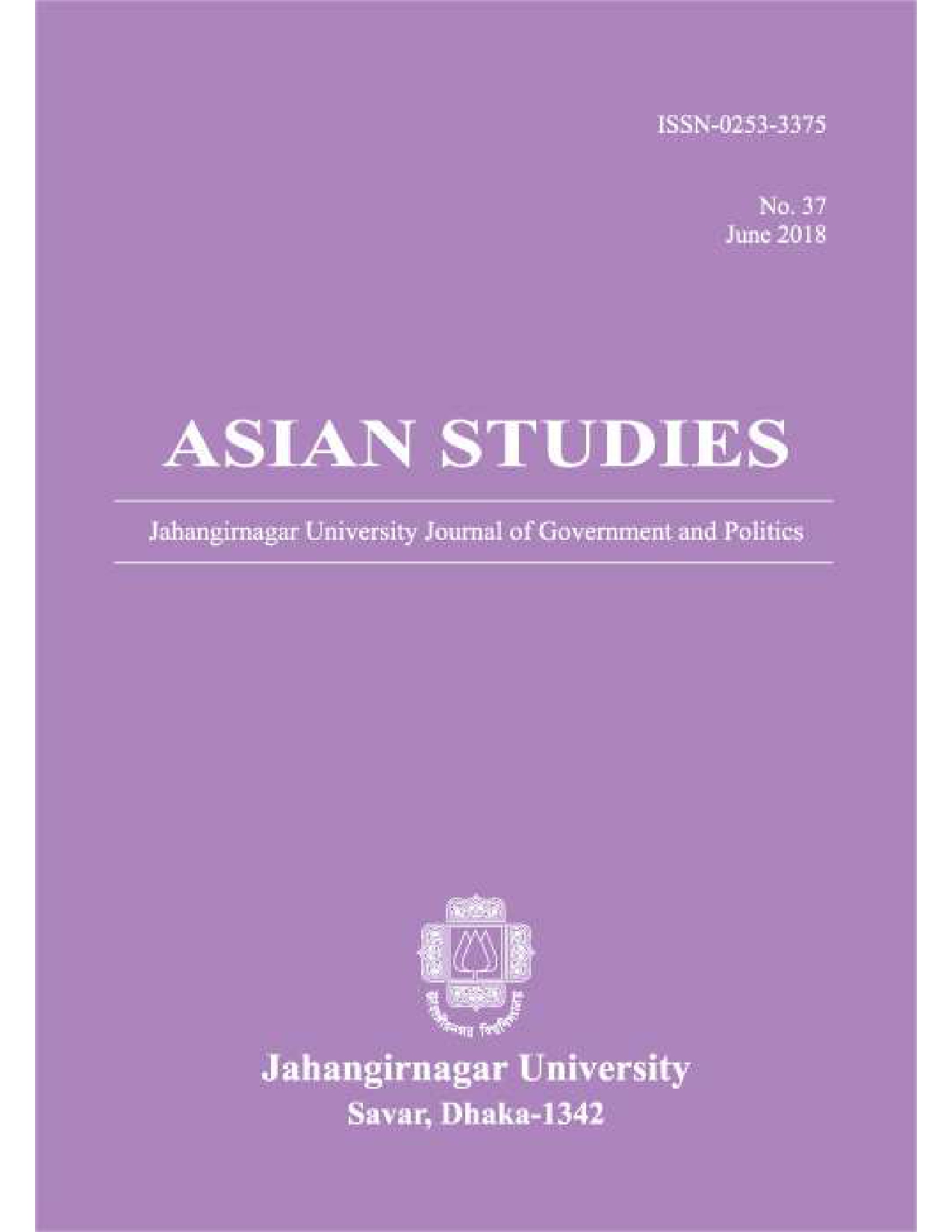Preventing Violence and Sustaining Peace in Post-Conflict Society A Study of Chittagong Hill Tracts Peace Accord
Main Article Content
Abstract
Peace settlementis a negotiated way-out from violent inter-state war.Although
peace agreement is a key step in ending civil war, only a half of all negotiations to end civil
wars produce a successful and durable peace. Civil wars return in those countries where the
government can neither capture the total victory nor credibly pledge to a peace settlement.
After two decades of armed conflict, the Bangladesh government and the rebel group in the
Chittagong Hill Tracts (CHT) signed a Peace Accord in 1997. Some studies claim that the
accord itself is a ‘source of conflict’ since it has never been fully implemented. However, the
Bangladesh government opposes the claim. Considering this debate, this article investigates
two interrelated questions about CHT conflict: has peace accord succeeded to stop violence
and transmigration programme in the Chittagong Hill Tracts? If yes, how?Therefore,this
article aims to explore the role of Chittagong Hill Tracts Peace Accord (CHTPA) in ending
civil conflict. Following content analysis and coding, the article shows that the CHT Peace
Accord has prevented large scale violence and relapse of armed conflict. The writers argue
thatthe provisions of the CHTPA offer many incentives for the rebel communities, including
power sharing that influences peace.

